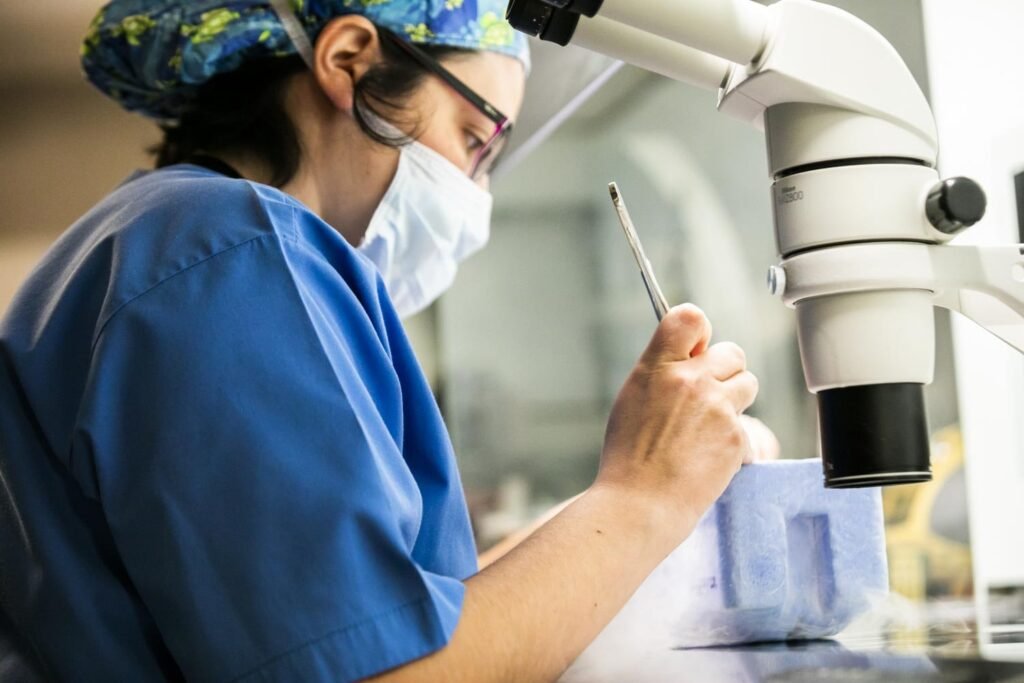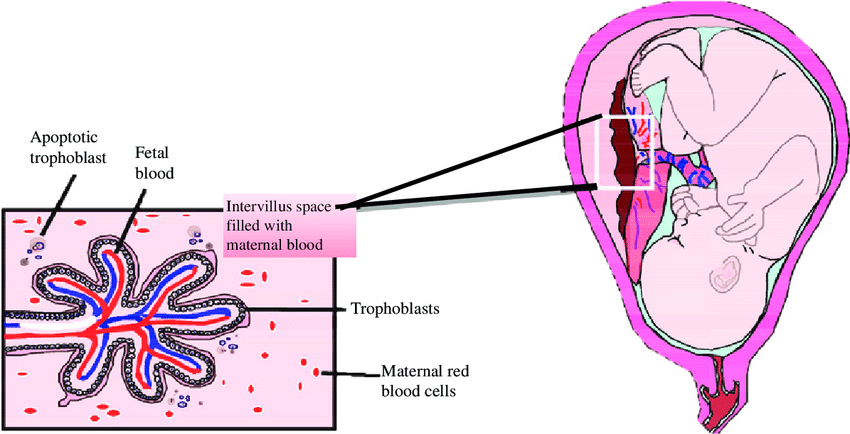- Home
- Chromosome Test
- Non-Invasive Prenatal Testing (NIPT)
Non-Invasive Prenatal Testing (NIPT) - Fetal DNA Screening

What is noninvasive prenatal testing (NIPT)?
NIPT is a prenatal screening, which looks at DNA from your baby’s placenta in a sample of your blood to identify whether you’re at increased risk of giving birth to a child with a genetic disorder. A screening like NIPT cannot, however, determine for sure whether your baby actually has a chromosomal disorder, only the likelihood of having that condition. But even though it can’t tell for sure whether your baby has a genetic abnormality, it is highly accurate — 97 to 99 percent accuracy for three of the most common conditions.
What does it test for?
The NIPT is a safe and highly effective way of screening for conditions that include:
» Down syndrome (also called trisomy 21)
» Edwards syndrome (trisomy 18)
» Patau syndrome (trisomy 13)
» Turner syndrome
Why have an NIPT?
The NIPT is highly sensitive and picks up more than 99% of cases of Down syndrome. But it is still a screening test rather than a diagnostic test. This means it can only tell you whether there is an increased risk of having a baby with an abnormality, rather than give you a definitive answer.
The only way of knowing for sure whether your baby has Down syndrome is to have a diagnostic test such as chorionic villus sampling (CVS) or amniocentesis.
You might choose to have an NIPT test if:
» your combined first trimester screening test shows you are at increased risk of having a baby with Down syndrome
» you did not have the combined first trimester screening test because it was too late or the test wasn’t available in your area
» you want to be sure you are at increased risk before you opt for diagnostic tests such as amniocentesis or CVS, which carry a small risk of miscarriage
» you are at increased risk (for example, if you are older or you have had a baby previously with Down syndrome or another chromosomal condition)
What to expect from your NIPT results
It can take up to 2 weeks to get the result of your NIPT. If the result is ‘negative’, ‘normal’ or ‘low risk’, your baby is unlikely to have any of the chromosomal disorders tested. If the result is ‘positive’, ‘abnormal’ or ‘high risk’, this means your baby is likely to be affected.
If you have an abnormal NIPT result, a diagnostic test such as CVS or amniocentesis can confirm the result. You should discuss your options with your doctor, midwife or genetic counsellor
NIPT Performance
Chromosome difference | Detection rate1 3 | False positive rate2 3 |
|---|---|---|
| Trisomy 21 (Down syndrome) | more than 99% | 0.1% |
| Trisomy 18 | 95% | less than 0.1% |
| Trisomy 13 | 88% | 88% |
When to Get NIPT
NIPT can be done at various stages in the pregnancy, as shown in the Prenatal Screening Pathway.
» Some pregnant individuals will have NIPT as the first prenatal genetic screen in their pregnancy, and it can be done as early as 9 or 10 weeks gestation depending on the lab. A nuchal translucency (NT) ultrasound in the first trimester can still be performed to provide additional information about the health of the baby.
» Other pregnant individuals will start with a traditional screening test (eFTS or MSS) and then may decide to have NIPT if the traditional screening came back with a positive (high risk) result, or if there are concerns on one of the ultrasounds.
Benefits of NIPT
NIPT is a more accurate screening test for trisomies 21, 18 and 13 than traditional screening (eFTS and MSS)
NIPT can be done as early as 9 weeks of pregnancy at some labs. It is important to check the gestational age requirements at your testing lab before proceeding.
Because NIPT is a simple blood test, it poses no risk to pregnancy.

Limitations of NIPT
NIPT is a very good screening test but it cannot give a definite “yes” or “no” answer. Only invasive diagnostic testing (e.g. chorionic villus sampling or amniocentesis) can do that.
Some of the DNA in the NIPT blood sample is from the mother (or donor) and this means that the test is also looking at maternal DNA, not just the baby’s. In rare cases, NIPT may identify a genetic difference in the maternal DNA. This type of result should be further reviewed with a genetic counsellor who can discuss options for further testing.
When NIPT is not Available
» if there is a vanishing twin – ongoing pregnancy that started as a multiple pregnancy with subsequent miscarriage of one or more baby. NIPT cannot be done in this circumstance because there can be residual DNA in the mother’s blood from the fetus that miscarried, and this can affect the interpretation of the NIPT results for the ongoing pregnancy.
» if there are more than two babies (triplets, quadruplets, etc.)

